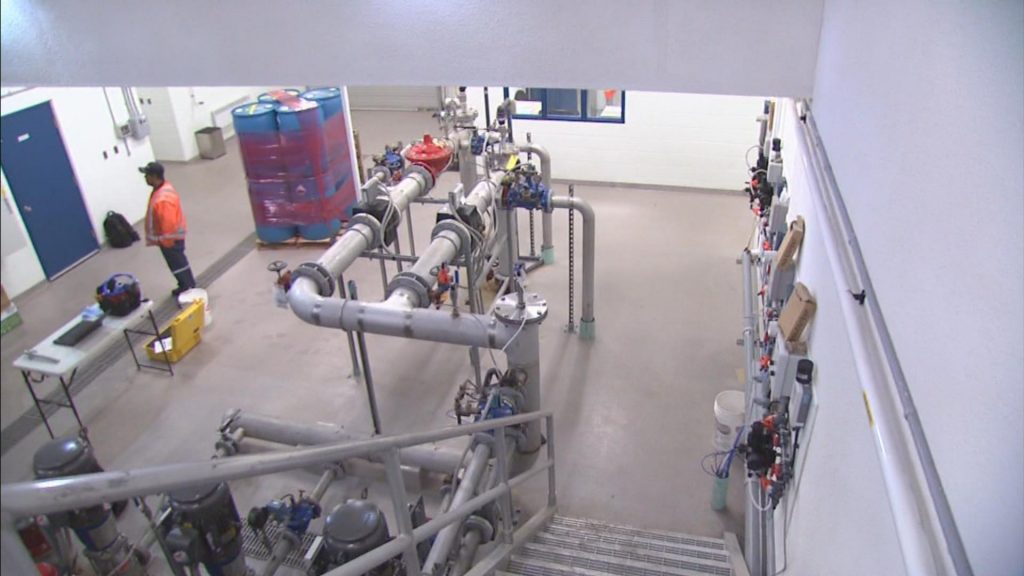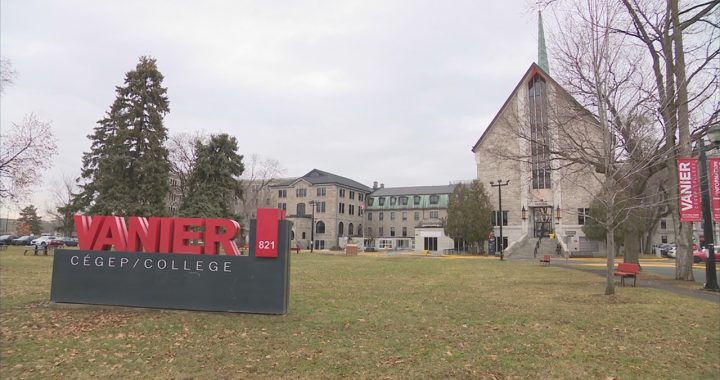
Two class actions over lack of clean water in First Nations were filed in 2019 and then combined in 2020. Photo: APTN
The Federal Court and the Court of Queen’s Bench of Manitoba have jointly approved an $8-billion settlement in a national class-action lawsuit between Canada and First Nations and their members who’ve had to drink unclean water.
The deal, ratified on Dec. 22, will dish out at least $6 billion over nine years for water infrastructure in communities. Canada will pay $1.5 billion to individual members, and another $400 million will go into an economic and cultural restoration fund.
Emily Whetung, chief of Curve Lake First Nation in southern Ontario and one of three lead plaintiffs, spoke to APTN’s Nation to Nation about the deal on Dec. 9 when it was before the court.
“This is great progress but it’s just a small stepping stone to ensuring that every status Indian living on an Indian reserve has access to clean drinking water,” she said.
She said the agreement creates a legal dispute resolution process so First Nations finally have ways to compel Ottawa to act on its promises.
“It becomes less and less important what the political promises are and it becomes more and more important that we have the ability to enforce real, meaningful access to clean drinking water,” said Whetung.
“It’s no longer political promises with moving targets. But if there’s issues, if there’s problems, there’s a mechanism to go and have those disputes resolved.”
Curve Lake is surrounded by water, yet has had to truck it in at times due to a bad supply. Whetung explained on N2N community members struggle with a broad range of issues related to their drinking water supply.
Read more:
Feds, First Nations reach proposed $8B settlement in clean water class action
Ottawa agreed to repeal and replace the Harper-era Safe Drinking Water for First Nations Act. Canada is also now legally bound to implement its clean water action plan. A First Nations advisory committee for safe drinking water will also be created.
An anticipated 142,000 people from 258 First Nations across the country who’ve had to consume unsafe water are eligible. They will still have to opt in once the deal comes into effect.
In 2019, Whetung filed a class action in Federal Court along with Chris Moonias, who was then chief of Neskantaga in Ontario, over lack of access to potable water in communities.
Tataskweyak Cree Nation Chief Doreen Spence filed a separate class action in the Manitoba Court of Queen’s Bench that same year.
The suits combined, and both were certified in 2020. An agreement in principle was reached on July 30, 2021.
Lifting all long-term boil-water advisories on reserves by March 2021 was one of Justin Trudeau’s benchmark pledges when campaigning to be prime minister in 2015.
He took heavy criticism for missing the deadline. The government now declines to offer a new one.
According to Indigenous Services Canada’s website, 38 long-term advisories remain in 29 communities.
The department said in a release an appeals period of approximately 60 days follows the courts’ approval of the settlement agreement, after which it can be implemented.
Learn more here: Class Action Litigation on Drinking Water Advisories on First Nations Reserves










